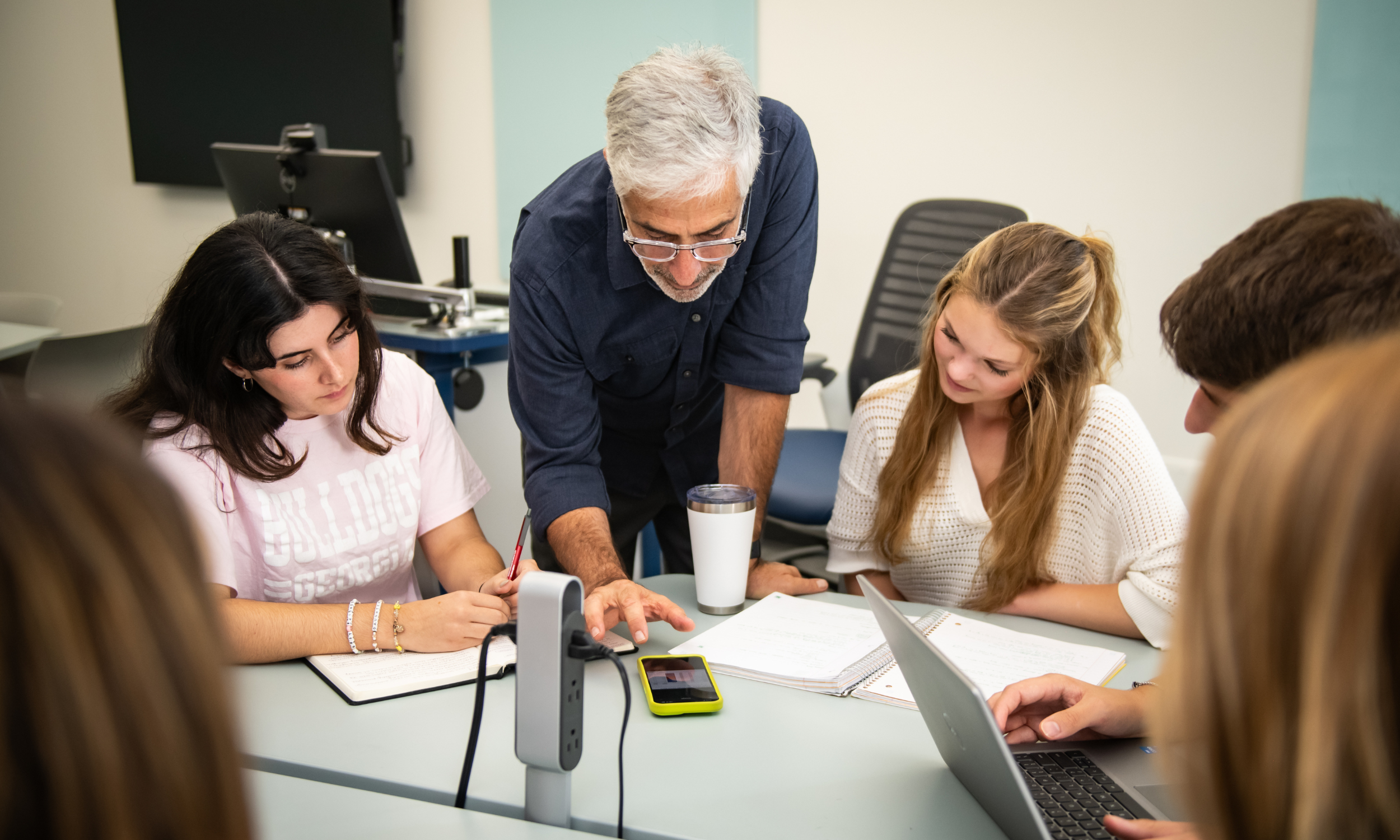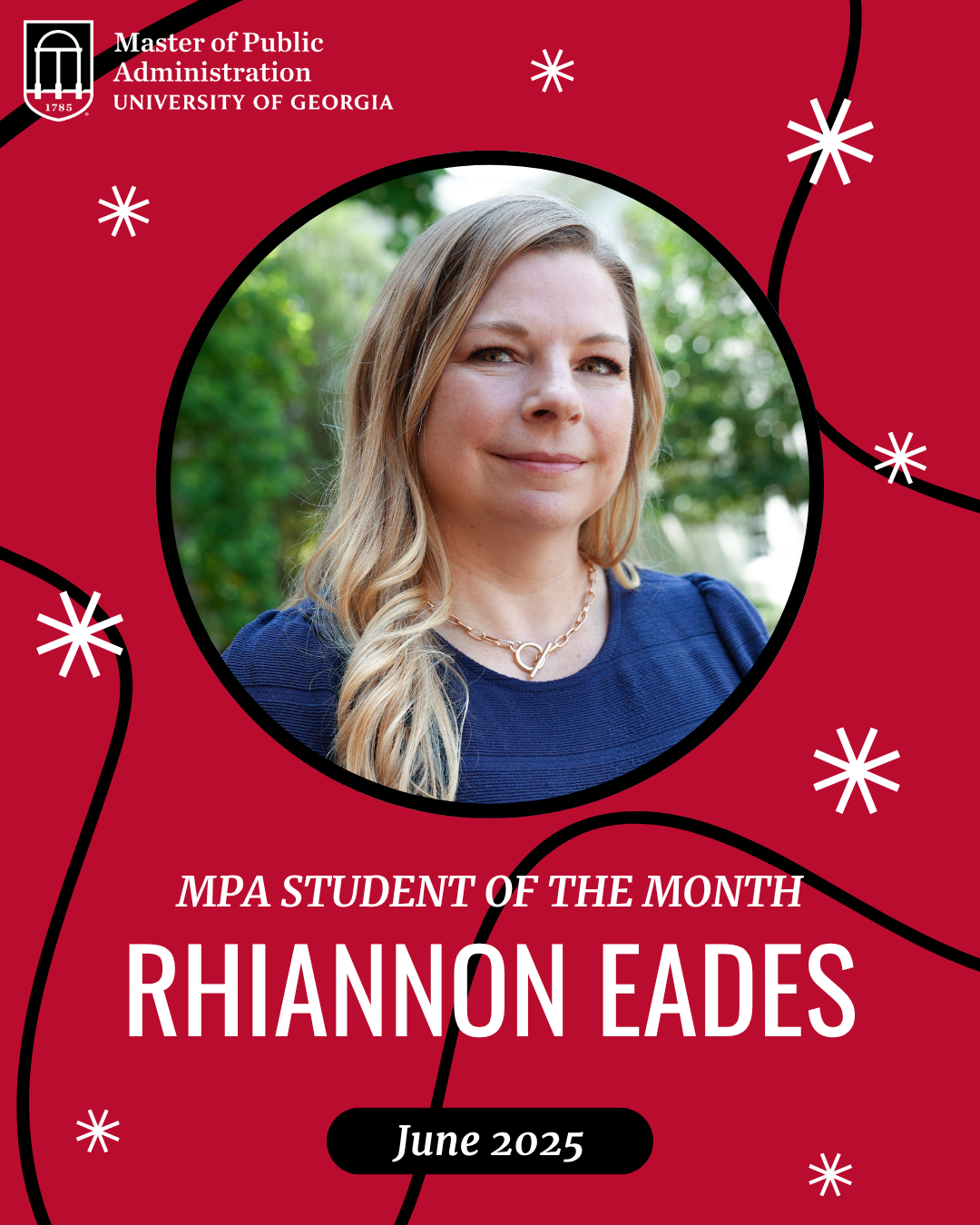By: Nick Markiewicz
This semester, I decided to take ‘Global Simulation’ taught by Professor Berejikian, which used video games as an incredibly effective simulation tool. I have participated in many simulation games over the course of my academic career and have previously felt underwhelmed. These games all had exciting background information allowing participants to creatively explore the concept but lacked a physical application keeping it purely theoretical. However, this class solved that issue by forcing us to apply the theoretical background to a more tangible, cooperative environment inside the game.
Students in the class participate in two different simulations over the course of the class. These simulations use the turn-based strategy game ‘Civilization 4’ which can model different scenarios and environments for educational purposes. The first one is set in pre-World War 2 Europe with each team starting with the respective physical territory and power of a nation at the time. The second simulation is a free-for-all in which each team had no constraints or territory, giving them the responsibility of what form the country they created took. In both of these simulations, the teams were responsible for creating all aspects of identity for their nation including things like government type, religion, market type, and unique cultural traits. Each country’s values, identity, and goals for the simulation were outlined in a national security doctrine modeled after ones from previous US administrations.
Both of these simulations were designed with the intent to highlight academic theories and concepts that are core to international relations and comparative politics. For example, the pre-WW2 simulation was designed to demonstrate theories concerning a state’s security such as deterrence or brinksmanship. It was a really cool moment to be able to apply what you are learning in class to a real-life situation and one I’d strongly recommend. While I believe this concept will be utilized in classroom settings much more in the future, it has limited usage currently making this a rare and valuable experience to gain as an undergrad. It is especially useful for students interested in working for the government or policy circles as you approach these simulations from that perspective. So, if you are looking for classes to take in the future I strongly recommend this one!








